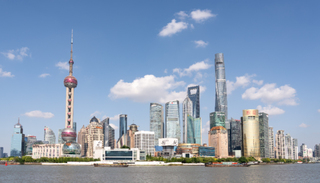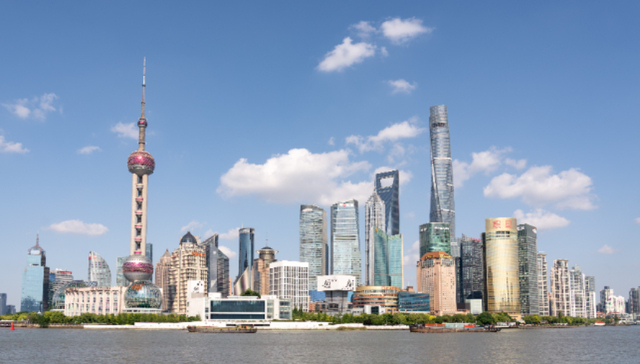by FANG Zhuoran
Shanghai is broadening its free-trade reforms across the city to reinforce its role as China's main testing ground for market opening, as it seeks to attract more global business and investment.
The city government on Oct. 15 rolled out the Second Plan for the Shanghai FTZ Linked Innovation Zones, adding eight districts and five national-level development zones. It builds on the first batch launched last August — six pilot districts and one integrated bonded zone — and extends the pilot network across a larger share of the city.
The Linked Innovation Zones are designed to replicate and adapt FTZ policies across Shanghai, with the FTZ serving as the policy source and the linked areas as platforms for replication and experimentation. The new plan sets out 86 measures spanning investment, trade, finance, data, innovation and talent, 57 of which will apply across all Linked Innovation Zones.
Key steps include allowing wholly foreign-owned hospitals, relaxing ownership caps for mainland–Hong Kong and Macao law partnerships and permitting qualified overseas institutions to apply for onshore financial licenses. The plan also eases rules for performance agencies representing overseas productions and removes deposit requirements for imported artworks.
In finance, Shanghai will expand the use of Free Trade (FT) accounts for cross-border settlement, allow short-term yuan lending overseas, and pilot multinational cash pools integrating domestic and foreign currencies. Other initiatives cover IP-backed securitization, profit-sharing incentives for scientists, and streamlined transfers of financial and research data.

To attract global talent, the city will lower experience requirements for foreign legal consultants, recognize overseas professional qualifications and allow innovation zones to recommend long-term residency for top specialists.
Each zone will pursue distinct priorities: Hongqiao will focus on cross-border e-commerce and digital regulation pilots; the Shanghai International Resort will promote its prepaid tourist card; Jing'an will test instant VAT refunds for visitors; Changning will develop data-innovation labs; and Jiading will expand autonomous-driving trials.
Analysts say the move signals Shanghai's ambition to evolve from a local pilot to a national model for rule-based opening, supporting China's broader push to stabilize foreign investment and deepen global integration.





